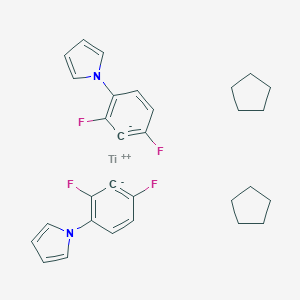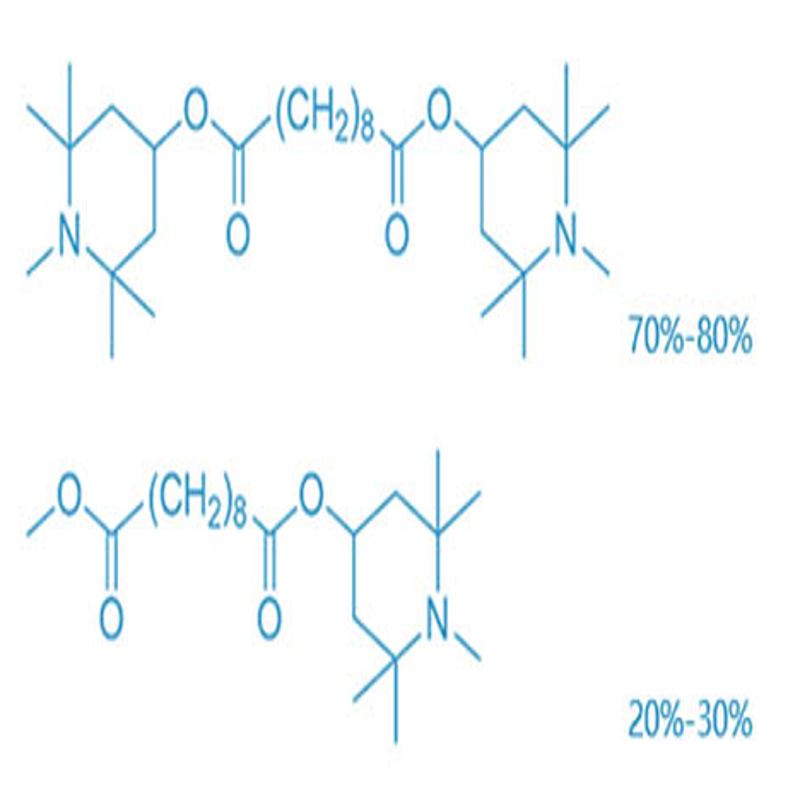-
Categories
-
Pharmaceutical Intermediates
-
Active Pharmaceutical Ingredients
-
Food Additives
- Industrial Coatings
- Agrochemicals
- Dyes and Pigments
- Surfactant
- Flavors and Fragrances
- Chemical Reagents
- Catalyst and Auxiliary
- Natural Products
- Inorganic Chemistry
-
Organic Chemistry
-
Biochemical Engineering
- Analytical Chemistry
-
Cosmetic Ingredient
- Water Treatment Chemical
-
Pharmaceutical Intermediates
Promotion
ECHEMI Mall
Wholesale
Weekly Price
Exhibition
News
-
Trade Service
Global Chemicals Quick Review
In the future, global lubricant demand will enter a downward channel
A FEW DAYS AGO, PRELIMINARY STATISTICS FROM GERMANY'S FUCHS PETROLUB AG SHOW THAT THE GLOBAL DEMAND FOR LUBRICANTS REACHED 35.
7 MILLION TONS IN 2017, BASICALLY THE SAME
AS IN 2016.
However, a company executive noted that global lubricant demand could be reduced by 900,000 tons or more
over the next decade, due to related technologies such as electric vehicles.
Lubricant suppliers face challenges
in many ways.
Electric vehicles have very different demand for lubricants than internal combustion engine vehicles, and its popularity will have an impact
on the lubricant market.
Sustainability and digitalization also influence customer expectations and purchasing decisions; The rapid development of 3D printing has also greatly affected
the traditional manufacturing industry.
In 2017, the world's newly discovered crude oil reserves reached a record low
Rystad Energy, an independent Norwegian consultancy, released data saying that the world's newly discovered crude oil reserves in 2017 were only 6.
7 billion barrels, which is more than 50% lower than the 15 billion barrels found annually in 2014 and 2015, and a significant decline from the 30 billion barrels found in 2012, the lowest value
in more than 70 years.
Experts believe that what disturbs consumers the most is that the oil reserves discovered this year can only make up for 11% of this year's extraction, compared with more than 50%
in 2012.
Rystad Energy also noted that potential extraction margins for newly discovered oil reserves this year are low, with more than 1 billion barrels expected to be unrecoverable
.
LANXESS is actively expanding its production capacity in the Chinese market
LANXESS is expanding its production capacity in the Chinese market to seize the opportunity
of the rapid growth of the Chinese automotive market.
In 2017, the company invested 20 million euros to build a new high-performance plastics plant
in Changzhou, Jiangsu Province.
Starting in the second quarter of 2019, the composites plant is expected to produce 25,000 tons of Durethan and Pocan resins for the automotive and electrical and electronics industries
.
LANXESS also operates a high-performance Durethan and Pocan brand plastics plant
in Wuxi, Jiangsu Province.
The automotive industry market is the company's main market for
high-performance plastics.
The rapid development of electric vehicles in China provides the basis for
LANXESS' expansion in the field of high-performance plastics.
Applications of LANXESS resins in hybrid and electric vehicles include components for charging systems, carriers and battery holders for battery systems, sensors and housing components for electric motors
, etc.
Durethan brand polyamide (PA) and Pocan brand polybutylene terephthalate (PBT) products can replace automotive metal parts, thereby helping to reduce fuel consumption and emissions and reduce vehicle weight by 50%.
The new U.
S.
tax law is good for chemical companies
The new Tax Cuts and Jobs Act includes provisions that benefit chemical companies, such as a reduction in the U.
S.
corporate tax rate from 35 percent to 21 percent, while also allowing U.
S
.
companies to repatriate overseas income at a lower rate.
Covestro said it would receive a $100 million windfall in
2017 as a result of the new law.
The company's overall tax rate will be reduced from 28% to 24% in 2017 and by another 1 or 2 percentage points
in 2018.
Thai company Indorama pointed to the new "low tax environment" as one of
the reasons it decided to build a new fiber factory in the United States.
The plant, a joint venture between Indolama and Huvis, will produce low-melting materials
for thermal joining of composites.
Big U.
S.
chemical companies are likely to mention the impact
of the new tax bill when they report earnings in the coming weeks.







